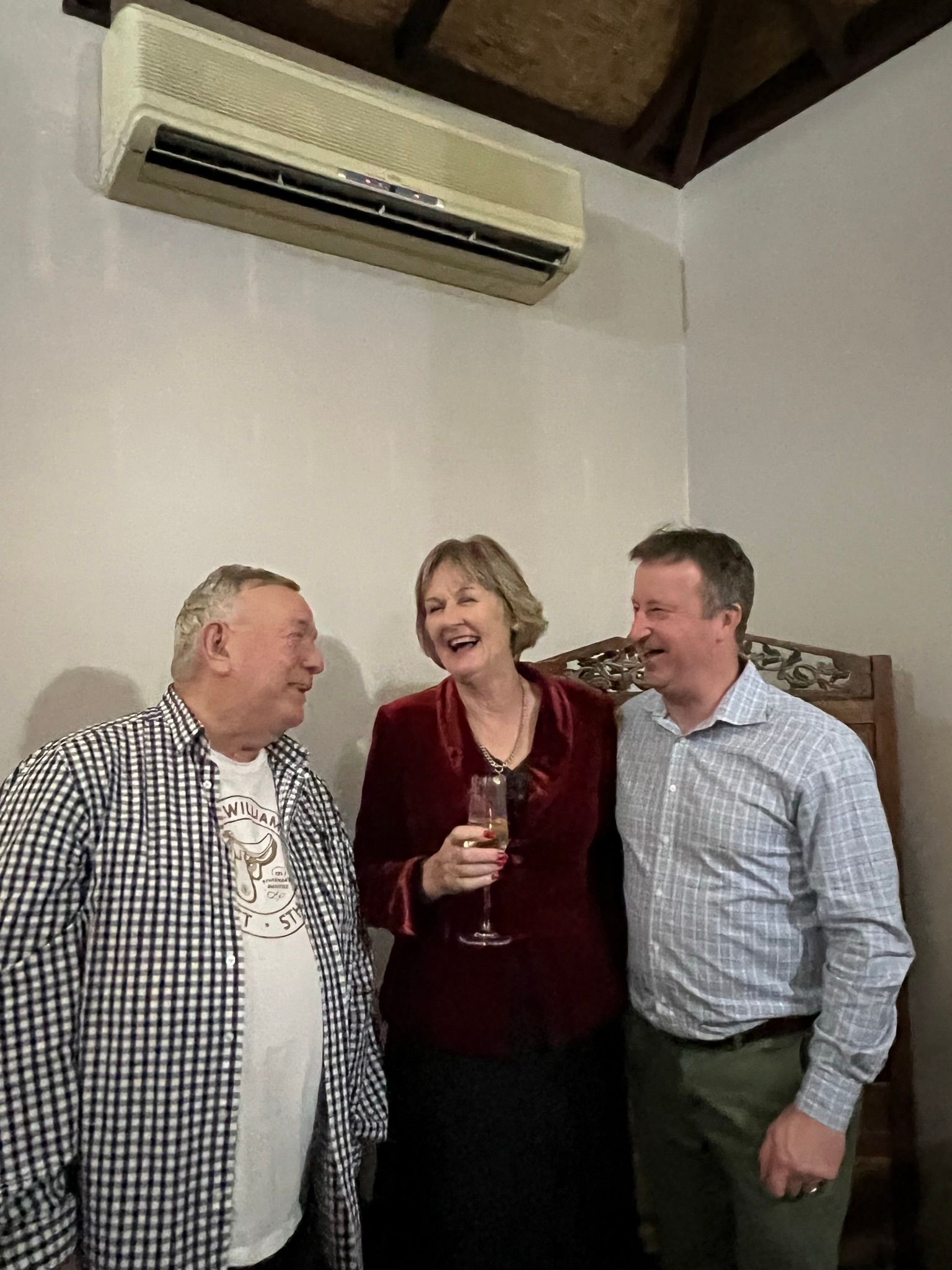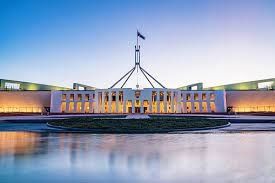Actually, it’s wrong. What you will have is a short-term high involving a much better lifestyle in the short term. In the long term, you will be much worse off by not paying taxes.
Take the previous example involving a $200,000/year income, where two people named Aaron and Zak, are both running similar businesses and earning similar money. Let us assume that they are both running a laundromat, with a lot of the earnings from the laundromat being in cash form. In this case, they can declare the cash or break the law and simply take it.
Aaron declares the full $200,000. He has a wife, and they share the income earned as $100,000 each. They both put $20,000 into their super to help fund their retirement. This does leave them with a taxable income of $80,000 each. The tax on $80,000 is approximately $18,000, meaning they will pay $36,000 in tax. This will leave them with $124,000 in disposable money. They will also have an extra $34,000 in their super (after the fund has paid the 15% tax).
Zak, on the other hand, is not a fan of paying taxes, believing that they do not receive anything from it. He is also married, declares a minimal income and pays no tax. He does not put anything into super. He has the full $200,000 of disposable income at his fingertips, putting him $76,000 ahead of Aaron each year.
While Zak sounds like he has a better deal than Aaron, this is without considering that he is breaking the law (which will have consequences).
Consider, for example, a major life choice - purchasing a house.
Aaron can get a mortgage to purchase a home due to reporting his and his wife’s annual income.
Zak, however, must keep renting as the Australian Tax Office would likely conduct an asset betterment audit (as there is no feasible way for him to afford it on such a low-declared income). However, he can continue to live a high life in the short term
In ten years, Aaron will likely have enough equity in his house to buy an investment property, and in twenty years, will likely own his own home. Aaron’s super is currently at a million dollars, and his rental property is paying for itself.
We know that Zak will realise that his decisions are taking him down a slippery slope between the ten and twenty-year mark. At this point in time, a decision will be made that the only way he will ever be able to retire is if he can build up some assets (which can only happen if he declares his income and pays tax). However, he will still be ten to twenty years behind Aaron (despite his enjoyment of his short-term frivolities).
If either man decided to sell their business, the purchaser would ask for tax returns and accounts for the businesses. Which one will sell for more?
The money Aaron sells his business for is all tax-free under the Small Business Concessions, and the extra value will be far more than the tax he had paid.
If you are going into business to help build a lifestyle, a family legacy and wealth, paying taxes is essential.
Aaron was paying only 21% tax on his $200,000 declared income, and that allowed him to build assets and gave him a business that could be sold. Zac’s strategy gave him a great present-day lifestyle but nothing for the future.
Don’t get the wrong impression of this article - we still want you to pay the minimal amount of tax possible. But not at the expense of your long-term financial interests.
If you have concerns about your tax, whether it is personal, business or both, let us be of service to you.









